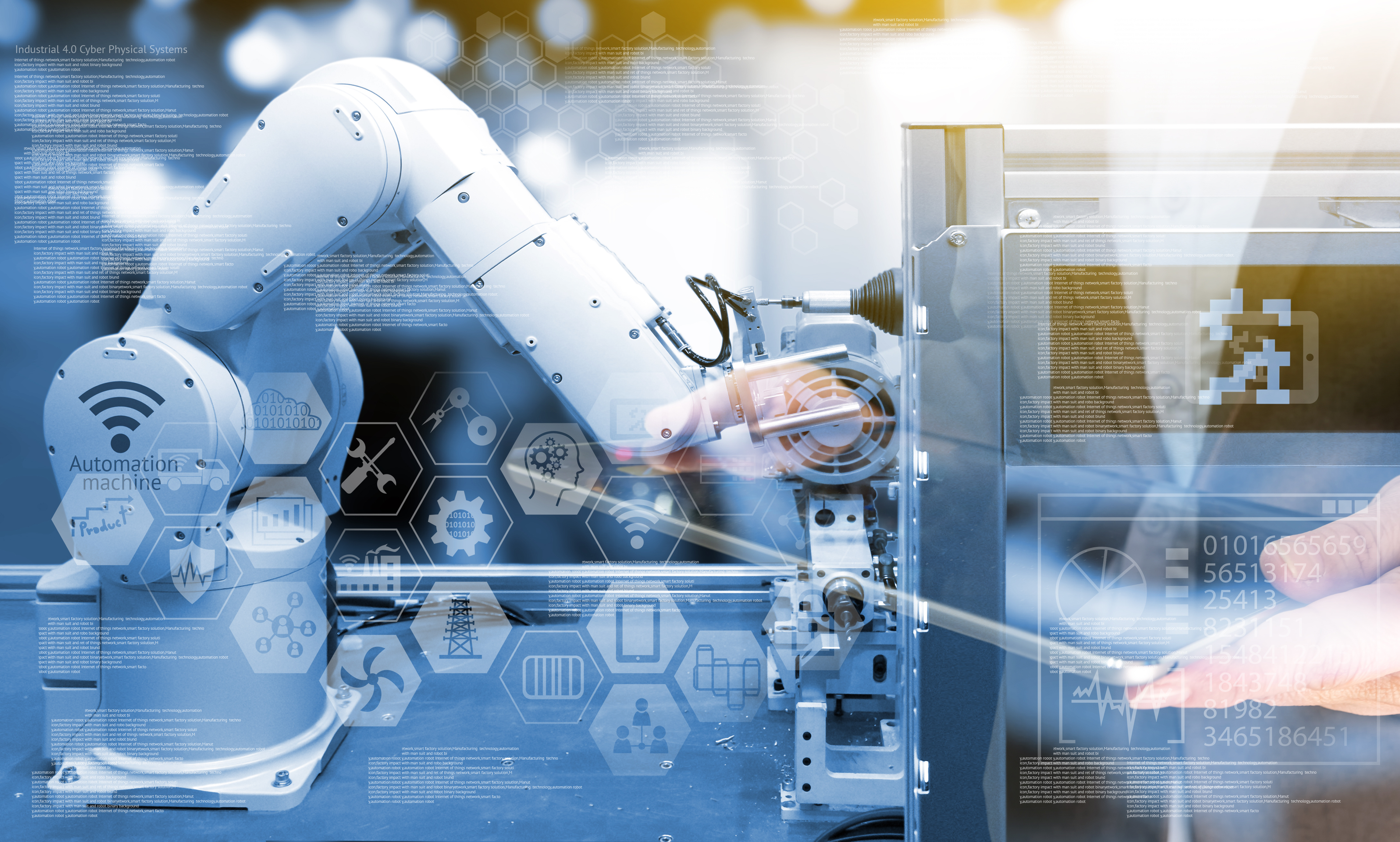
Siemens wants to use digitalisation and circularity to further advance the topic of sustainability within and outside the company. Fraunhofer IIS has now analysed how digital technologies can be used to develop circular solutions for products from Siemens Inc. Digital Industry division. The aim was to identify approaches that can be used to optimise the life cycle of products and improve resource efficiency at the same time. The aim is to create new product and service ideas and promote circular economy - so that the environment and resources can be conserved in the future.
Project goals
Procedure and methodological approach
In the project, the Fraunhofer IIS working group for Supply Chain Services analysed circular solutions for a product family of the Siemens Digital Industry division, provided technical support in the design and developed scenarios that demonstrate the economic and ecological advantages of the conceived solutions. The following coordinated work packages were defined for this purpose:
- Target definition
Development of objectives and definitions of circular solutions, including business, organisational and technical requirements. Methods: Goal-setting workshops, guided interviews, desk research, requirements analyses - Solution development
Development of smart circular solutions for the product family by creating ecosystem and process models. Methods and procedures: Decision tree to visualise circular potentials, data map for data determination and data management. - Business model development and documentation
Iterative development of context-related business model options including prioritisation. Documentation of the results and preparation for follow-up activities.